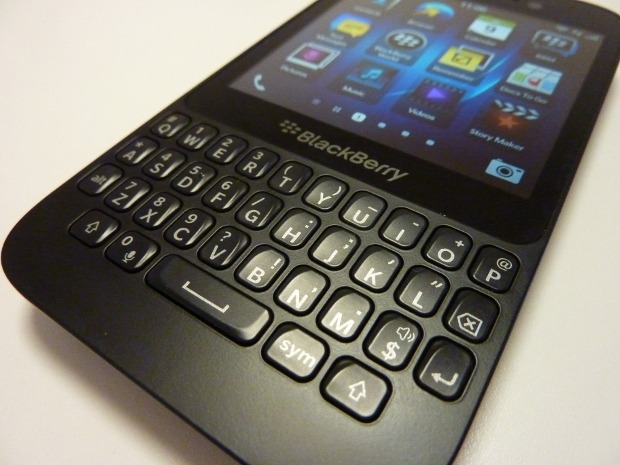BlackBerry: The perils of 'strategic alternatives' and limbo land

BlackBerry has a lot going for it, but it's going to be increasingly hard to keep momentum as it explores so-called "strategic alternatives" that include joint ventures, partnerships, going private and an outright sale.

The company on Monday said that it has formed a committee to evaluate strategic moves that would accelerate BlackBerry 10. BlackBerry CEO Thorsten Heins said the company has a strong balance sheet, "compelling long-term opportunities for BlackBerry 10" and a strong customer base.
Earlier: BlackBerry's board announces it's open to selling the company | BlackBerry 'mulls going private' to fix problems amid turnaround blues
Now the press release is out of the way the real fun begins. There are a lot of perils to seeking strategic alternatives while you're trying to mount a comeback. Many companies eye strategic alternatives and like to pretend that it's business as usual during the process. The catch is that it's rarely business as usual. To wit:
- Customers wonder about the future. In BlackBerry's case, strategic alternatives will be in the minds of consumers. Enterprises will at least pause a bit before deploying something like BlackBerry Enterprise Server. In both cases, the buying process requires that you're betting on BlackBerry being around for a few years.
- Employees are uncertain. Perhaps the best move would be to go private. However, it's unclear what BlackBerry's debt structure will look like in a transaction. Employees have to go looking for other gigs if they haven't already.
- Competitors (and potential buyers) get to know every little detail of BlackBerry's business. There probably isn't one buyer for BlackBerry. Some companies would want BlackBerry's mobile device management and enterprise business---Samsung and Microsoft perhaps. Others would just want the intellectual property (Google, Microsoft, Apple). And a few like Lenovo may take bigger chunks of the company to make a North American play. Lenovo could have the ThinkPad and BlackBerry brands to target the enterprise. HP might be interested too.
All of those options, which will be explored as BlackBerry hits limbo land, will introduce risks to the company's future. We all know the positives and negatives for BlackBerry. On the plus side of the ledger, BlackBerry has a strong customer base, a nice mobile operating system, strength in emerging markets and an enterprise footprint. On the minus side of the ledger, BlackBerry needs to beef up its developer base, capture the imagination of consumers tethered to iOS and Android and produce a leap frog effect in technology.
Analysts said that BlackBerry would be negligent if it didn't consider a move like going private. The problem is that most privatizations of technology companies have involved software and services firms, said TD Securities Scott Penner. Penner added:
We estimate there have been 108 privatizations of technology companies in the last 10 years (deals of more than $50mm in size, in either North America or Western Europe). Deals for hardware companies such as BlackBerry have comprised only 26% of transactions. There have only been two completed deals of $2 billion or more during the last three years.
It's unclear whether finding strategic alternatives will fix BlackBerry, but there are no easy wins here. The only certainty is that the company is entering a tricky time.